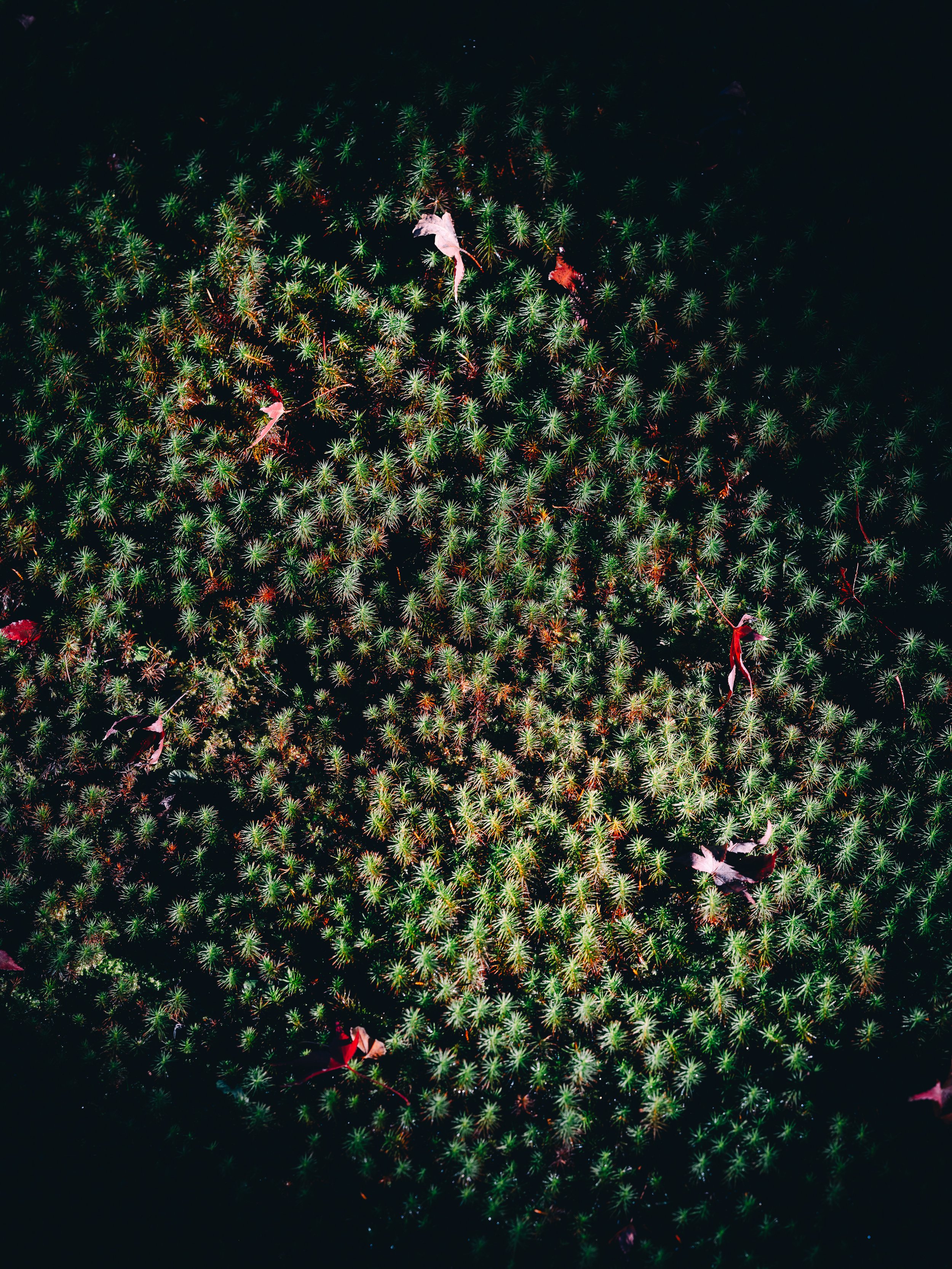Seijaku 静寂
An ongoing series of portraits, images, and interviews with Kyoto-based garden designers and the hands that sustain them. Each portrait captures a moment of reflection — a quiet pause in which the subject contemplates the space they have helped shape.
京都を拠点とする庭園デザイナーと、それを支える人々の姿を捉えたポートレート、写真、インタビューの継続的なシリーズです。
それぞれのポートレートは、自らが手がけた庭を見つめる静かなひとときを捉えています。まさに「静寂」の名のとおり、内なる対話と深い思索の瞬間を表現しています。
Seijaku 静寂 refers to a deep, serene stillness found in traditional Japanese aesthetics — not just silence, but a calm awareness that emerges through time, presence, and care. In my Kyoto sub-project, Seijaku is reflected in the slow rhythms of the garden: from the quiet cultivation of moss and flowers to the intentional placement of rocks, where each element holds meaning and restraint.
This stillness is present not only in the landscapes, but in the gestures and philosophies of the people who shape them.
「静寂」とは、日本の伝統的な美意識に見られる深く穏やかな静けさを指します。それは単なる無音ではなく、時間、存在、そして手入れの中から生まれる落ち着いた意識のようなものです。
私の京都でのサブプロジェクトでは、その静寂が庭のゆっくりとしたリズムの中に現れています。苔や花の静かな育成から、意味と抑制を込めて配置された石に至るまで、すべての要素に静けさが宿っています。
その静けさは風景だけでなく、それを形作る人々の所作や哲学の中にも存在しています。**
“Design is only the beginning.
The real work begins with time.”
設計は始まりにすぎません。本当の仕事は、時間とともに始まります。
Kitayama-san
Mr. Kitayama, who designed two of the gardens at Kenninji Temple speaks about the relationship between garden spaces and the importance of creating harmony between them. His design process involves decisions that are as intuitive as they are deliberate—such as cutting down a red camellia to unify colour and atmosphere. He draws comparisons between garden design and sumo wrestling, likening stone placement to a non-verbal dialogue. His work is rooted in humility, always seeking to express something that feels “more natural than nature.” He also speaks with reverence about the soul of each stone and the spiritual resonance of gardens.
Selected Quotes:
“A garden is not for explanation. It’s for sensing.”
“Stones should not fight. They should sit in harmony like sumo wrestlers respecting each other.”
“I don’t design gardens. I create a place for nature to reveal itself.”
“The soul of a stone is something you must listen for—not impose upon.”
“Gardens should never be too beautiful. They should feel honest, quiet.”
“We should aim for a beauty that cannot be explained. If you can explain it too easily, it’s already gone.”
“Even a single red flower can destroy the harmony. In nature, there is discipline.”
“We have to design for time. The garden today is not the same as tomorrow.”
時間のために設計しなければなりません。今日の庭は、明日の庭とは違うのです。
Shigemori-san
Chisao Shigemori is the grandson of Mirei Shigemori, the pioneering modernist of Japanese garden design. He reflects on three generations of innovation: from his grandfather’s radical geometric reinterpretations of classical forms to his own interest in evolving the idea of what a Japanese garden can be. He speaks about the difficulty of maintenance, the importance of flexibility, and the tension between preservation and innovation. For him, a garden is a living space, always changing—something to be responded to, not fixed in time.
Selected Quotes:
“We must accept the garden as it changes. That is the essence of Japanese aesthetics.”
“My grandfather wanted to move away from copying. He asked, ‘What is our generation’s garden?’”
“Design is only the beginning. The real work begins with time.”
“Each garden should have its own logic. It must make sense in its own world.”
“Sometimes a garden is too clean. I prefer when you can see some disorder—some trace of life.”
“You can’t just preserve a garden. You have to live with it.”
“I’m not shaping the garden. The garden is shaping me.”
私が庭を形作っているのではなく、庭が私を形作っているのです
Yamamoto-san
Yamamoto-san
Mr. Yamamoto began his journey into gardening after time spent abroad, especially in the UK and USA. His international exposure influences his worldview, yet he remains deeply grounded in traditional Japanese sensibilities. His focus at Myokakuji is on moss, particularly sugi-goke (cedar moss), and he talks about the role of caretaking and time. His reflections centre on the slowness of growth, the calmness required for observation, and the idea that a garden should not show off—it should simply be.
Selected Quotes:
“Moss doesn’t grow quickly. It teaches you patience.”
“A garden is a place to return to—not to impress, but to rest.”
“People try to master nature, but in a garden, you must learn to step back.”
“Moss has its own sense of time. You cannot rush it. If you do, it dies.”
“Being outside every day, you start to realise the garden isn’t for you. It exists with or without you.”
“Western gardens are sometimes about control. Ours are about learning to let go.”
“When I sweep the path, I’m not cleaning it. I’m understanding it.”



































